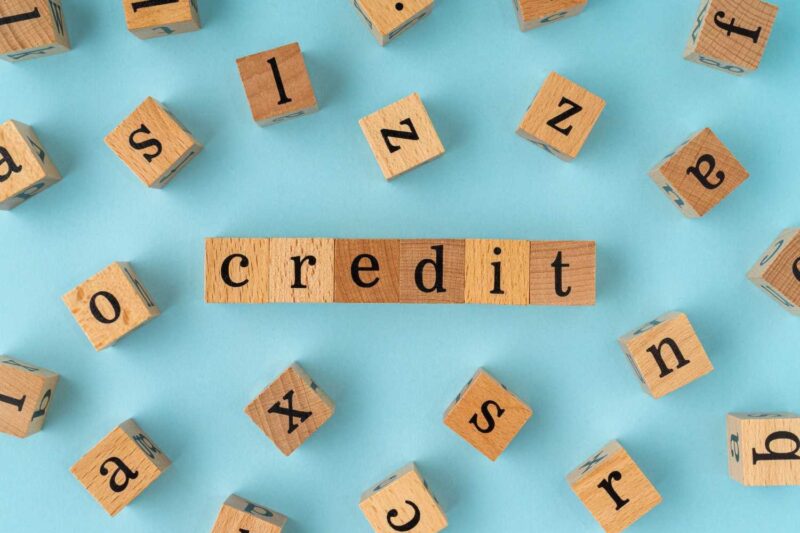One of the most significant steps to achieving financial stability is to manage debt wisely. If your repayment of the loans or credit cards is done well, it impacts your total creditworthiness. In India, your debt management skills are closely related to your credit score, the figure that tells lenders if you are responsible with your finances.
So, what are the ways through which you can manage debt that not only maintain a good score but also give you financial peace of mind? Let us discover.
What Does Debt Management Mean?
Debt management is the process of making a plan about how to take loans and pay them back without getting into a bad situation. It’s finding a way to control your loans and credit cards so that they don’t poison your credit score.
Debt management is not just about avoiding loans at all; it’s really about using credit wisely. When credit is used correctly, it makes you gain more trust with banks, no more late fees, and less stress.
Why Managing Debt Matters
There are a variety of advantages to good debt management,
- It allows you to keep your monthly payments at a manageable amount.
- It makes it possible for you to have a good credit mix (various kinds of loans).
- It leads to an increase in your credit score over the years.
- It opens the door for you to get better loans and lower interest rates in the future.
On the other hand, debt neglect can cause late payments, higher interest, and even defaults — all of which hurt your score.
Simple Ways to Manage Debt Effectively
Let’s look at practical steps that can help you stay in control of your finances.
1. Track All Your Debts
Make a list of all your loans and credit cards. Include,
- Amount owed
- Monthly EMI
- Due date
- Interest rate
| Debt Type | Amount | EMI | Interest Rate | Due Date |
| Personal Loan | ₹1,00,000 | ₹3,200 | 12% | 10th of every month |
| Credit Card | ₹25,000 | ₹2,000 | 18% | 5th of every month |
| Bike Loan | ₹60,000 | ₹1,800 | 10% | 20th of every month |
2. Prioritise High-Interest Debts
The first step is to pay off the debts with the highest interest rates. These are usually credit cards and payday loans. Doing this will lead to the quickest reduction of your financial burden and will also save you money in the long run.
This method of paying off debts is called the avalanche method, which means paying off the most expensive debt first.
3. Pay EMIs on Time
The biggest factor that affects a good credit score is timely repayment. Even if you miss just one payment, it can reduce your score and incur penalties. Reminders, auto-payment, or mobile apps can ensure that your EMIs are paid before the due date.
4. Avoid Taking Too Many Loans at Once
Taking out several loans in a short period can give the impression to lenders that you need more credit. Besides, each application for a loan causes a hard inquiry, which has a small impact on your score. Only borrow what you can afford and prioritise paying off the loan you already have.
5. Maintain a Low Credit Utilisation Ratio
Do your best not to use over 30% of your total credit limit on cards. So, for a credit card with a limit of ₹1,00,000, your expenditures should remain under ₹30,000.
By doing this, you will show the bank that you can manage your expenses, which will ultimately lead to a gradual increase in your score.
6. Consolidate Your Debts (If Needed)
If you are having a tough time managing multiple EMIs, then going for a debt consolidation loan could be an option. This way, the debt will be merged into one, and you will only have to pay one EMI, and maybe even at a lower interest rate. It cuts down the repayment pressure, and the chances of missing a payment are lower.
7. Review Your Credit Report Regularly
Each year, you can ask for one free credit report from each credit bureau (CIBIL, Experian, Equifax, and CRIF High Mark). Checking it out allows you to spot errors or updates that you may have missed. If the error is yours, file a complaint to clear it.
How Olyv Can Help
With the right financial tools, debt management becomes easier. Olyv is a reliable Indian app that facilitates rapid personal loans, gives credit insights, and offers money management tips.
The following lists how Olyv can help you,
- Facilitates instant access to small personal loans during emergencies
- Allows you to monitor repayments and credit health in one location
- Gives you easy reminders to keep your payments timely
- Shares personalised financial tips that can help you raise your credit score
Bonus Tips for Debt Discipline
- Create a monthly budget and follow it.
- Do not use credit cards for daily expenses.
- Don’t ignore lender calls; communicate early if you can’t pay on time.
- Celebrate small wins, like closing a loan or paying off a card fully.
Good money habits add up over time and keep your credit score healthy.
Conclusion
Debt is not always a burden; it can be a growth tool if treated correctly, too. Responsible card and loan management creates a good relationship with lenders, thus increasing your borrowing power and reducing financial stress.
Pay on time, borrow carefully, and track every rupee. With discipline and smart planning, you can manage debt for a better financial future in India easily.



